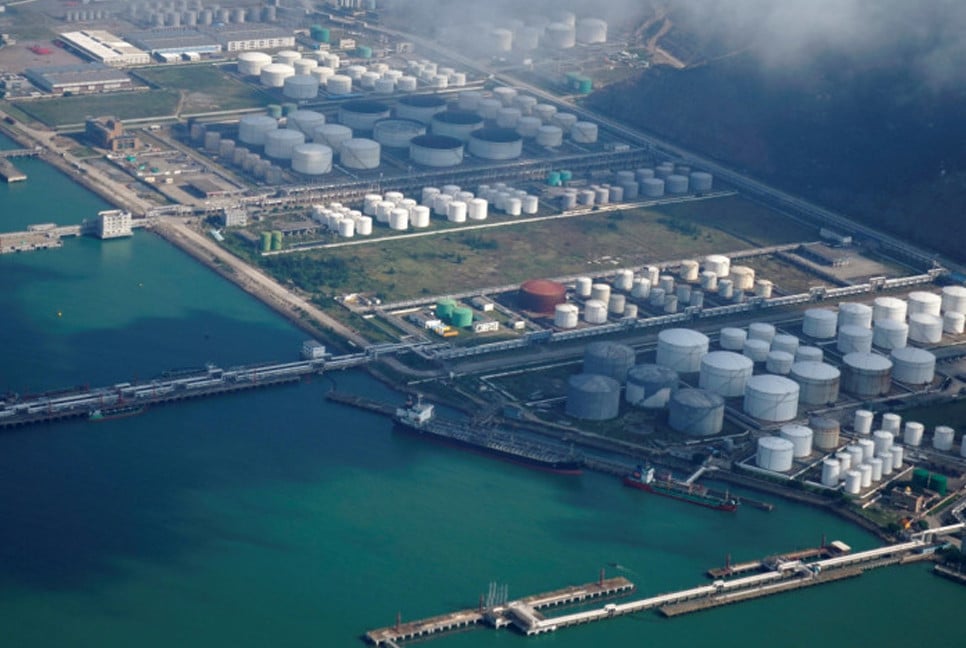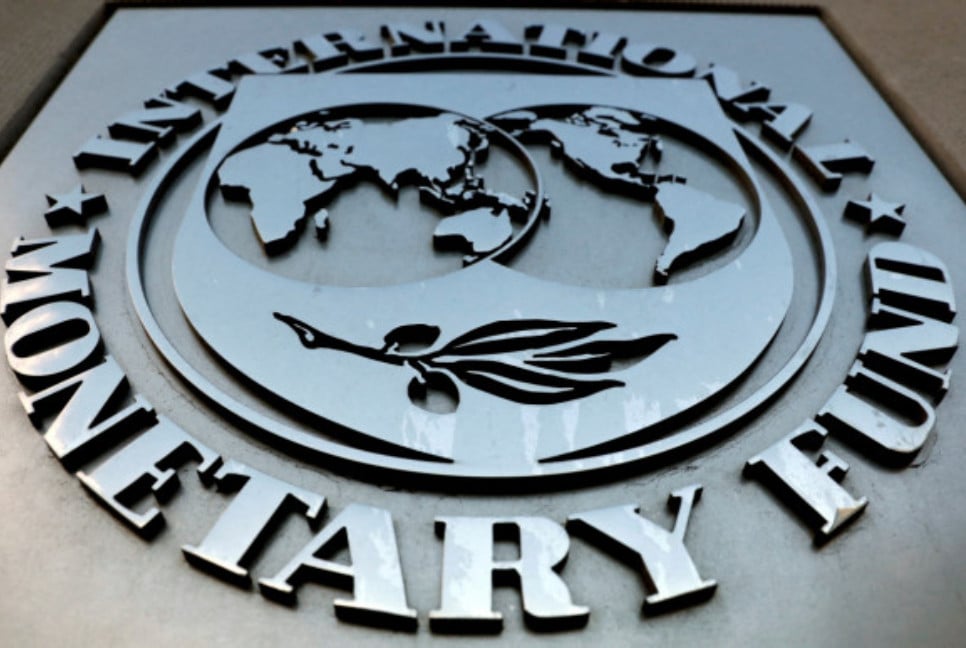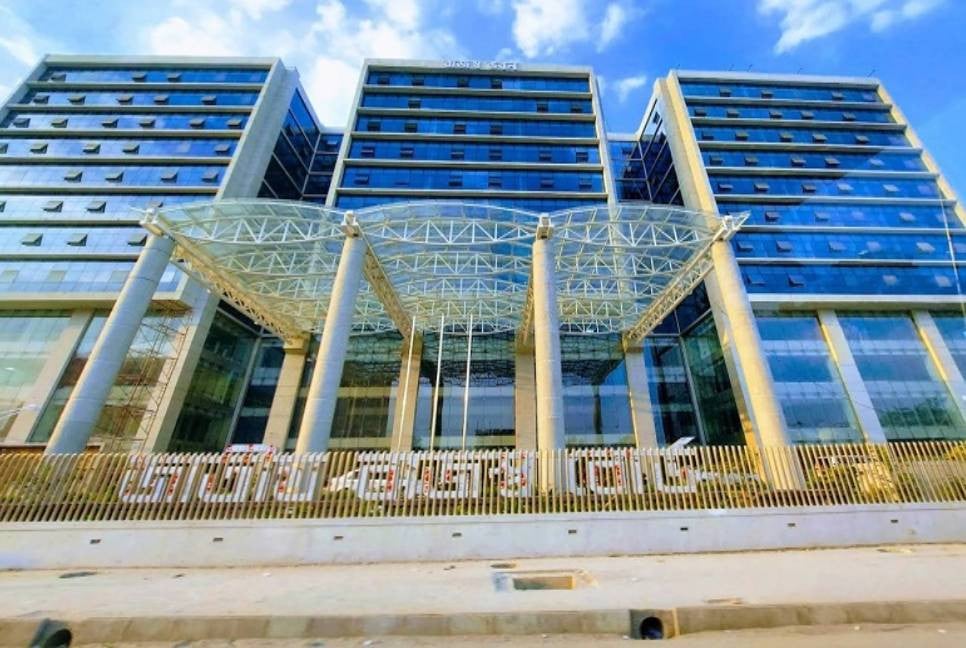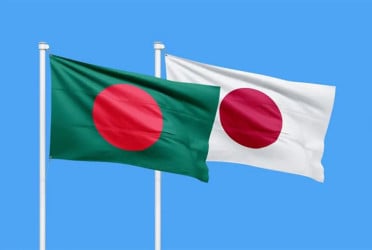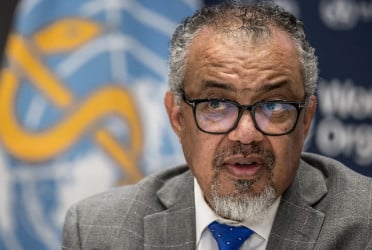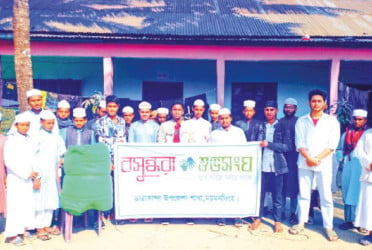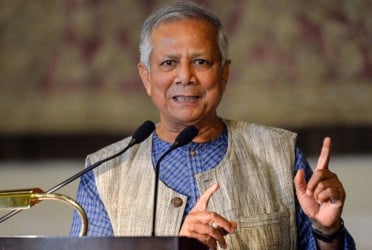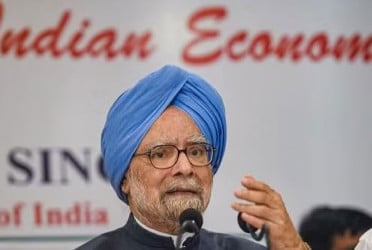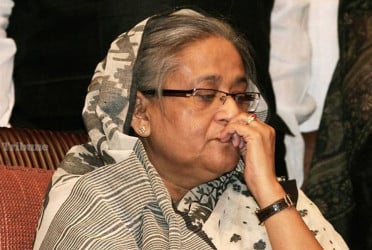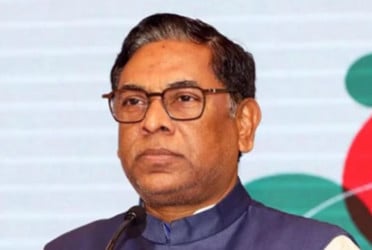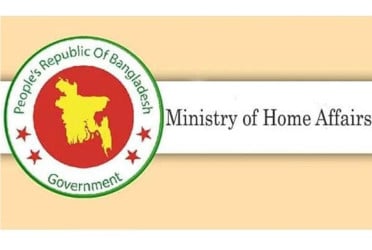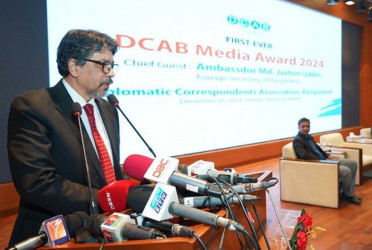Adani Power has escalated its efforts to recover dues from Bangladesh, with the company’s Chairman Gautam Adani threatening to cut off the power supply unless payments were made. The warning was issued in a letter to the chief advisor of the interim government Prof Muhammad Yunus.
The interim government responded by paying $173 million, reducing the debt to $843 million. Efforts are underway to settle the remaining amount swiftly, with the payment plan involving funds from the country's Annual Development Program (ADP).
To facilitate this, the interim government has decided to cut the allocation for the ADP by Tk 50,000 crore for the fiscal year 2024-25. A significant portion of these funds will be redirected to the power sector, primarily to cover debts owed to foreign companies like Adani Power.
Sources said that the government's focus on settling these debts is a key part of its strategy to manage economic challenges and reduce financial strain.
Planning Commission officials said that a large portion of the domestic portion of the ADP could be cut, and foreign funding and project assistance would also be reduced.
According to officials from the Finance Ministry and Planning Commission, the allocation for the ADP could be reduced by Tk 50,000 crore to Tk 215,000 crore as part of the budget cutbacks. The current allocation for the ADP is Tk 265,000 crore.
The Economic Relations Division (ERD) has concluded discussions with all ministries and departments to review the foreign assistance portion of the current ADP for the fiscal year 2024-25. Of the ADP allocation of Tk 265,000 crore, Tk 165,000 crore has been allocated from the government's internal sources and Tk 1 lakh crore from foreign sources.
Sources said that there was pressure on revenue due to unnecessary expenditures in the past period. Therefore, the Planning Commission and the ERD have already started the work of cutting ADP.
A senior official of the ERD said, “We have consulted with all ministries and departments in the last few days. They said that most ministries were cautious in their spending. He also said that due to the government's cautious stance on finances, funding allocations for many major projects may be cut.”
In the last fiscal year 2023-24, the National Economic Council (NEC) reduced the overall ADP allocation by Tk 18,000 crore or 6.84 percent from Tk 2,63,000 crore to Tk 2,45,000 crore. In the previous fiscal year 2022-23, the ADP had been reduced by 7.72 percent or Tk 19,000 crore to Tk 2,27,000 crore. The allocation for this fiscal year was Tk 2,46,000 crore.
A senior finance ministry official said that with Bangladesh facing an economic crisis, the government wants to cut a large part of the budget for development work. The money cut from the development budget will be transferred to the power sector and used to repay loans to foreign power companies. The government has many arrears when purchasing power from foreign power companies.
Earlier, Adani Power Jharkhand had cut off the electricity supply to Bangladesh on October 31 due to a delay in the payment of dues.
Officials of the ERD said that they are now verifying the foreign funding requirements of the revised project assistance from the ministry and the department and will draft a revised budget for it. We will send the revised ADP for the current fiscal year to the Planning Commission for finalization.
To facilitate the country's economic growth, about 1,300 projects have been taken up for implementation in the budget for the fiscal year 2024-25. Since the implementation activities of the ministries and agencies are still weak, the government will cut the main ADP to streamline the implementation activities.
According to the Implementation Monitoring and Evaluation Department (IMED), the ADP implementation rate has slowed down to 7.90 percent in the first four months (July-October) of the current fiscal year, which is 3.64 percentage points lower than the period of the last fiscal year 2023-2024. IMED officials said that some important government agencies were far behind the target of project implementation, resulting in a minimum implementation rate.
(Translated by Tanvir Raihan)




